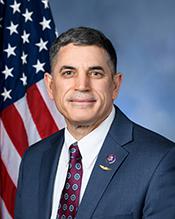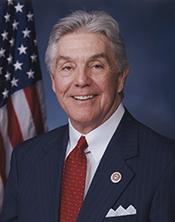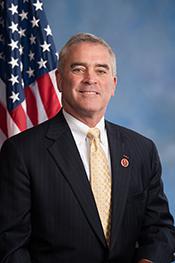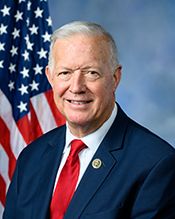0
0
0
Protect the UNBORN Act
12/21/2024, 9:05 AM
Summary of Bill HR 407
Bill 118 HR 407, also known as the Protect the UNBORN Act, is a piece of legislation currently being considered in the United States Congress. The main purpose of this bill is to protect unborn children by prohibiting abortions after 20 weeks of pregnancy, except in cases where the life of the mother is at risk.
The bill includes provisions that require healthcare providers to determine the gestational age of the fetus before performing an abortion, and to provide medical care to the fetus if it is determined to be viable. It also includes penalties for healthcare providers who violate the provisions of the bill, including fines and potential imprisonment.
Supporters of the Protect the UNBORN Act argue that it is necessary to protect the rights of unborn children and to prevent late-term abortions. They believe that a fetus is a human being with rights that should be protected by law. Opponents of the bill argue that it infringes on a woman's right to choose and could potentially harm women's health by limiting access to safe and legal abortions. They also argue that the bill is based on flawed science and could lead to unnecessary suffering for women and families. Overall, the Protect the UNBORN Act is a controversial piece of legislation that has sparked debate among lawmakers and the public. It remains to be seen whether it will be passed into law.
The bill includes provisions that require healthcare providers to determine the gestational age of the fetus before performing an abortion, and to provide medical care to the fetus if it is determined to be viable. It also includes penalties for healthcare providers who violate the provisions of the bill, including fines and potential imprisonment.
Supporters of the Protect the UNBORN Act argue that it is necessary to protect the rights of unborn children and to prevent late-term abortions. They believe that a fetus is a human being with rights that should be protected by law. Opponents of the bill argue that it infringes on a woman's right to choose and could potentially harm women's health by limiting access to safe and legal abortions. They also argue that the bill is based on flawed science and could lead to unnecessary suffering for women and families. Overall, the Protect the UNBORN Act is a controversial piece of legislation that has sparked debate among lawmakers and the public. It remains to be seen whether it will be passed into law.
Congressional Summary of HR 407
Protect the UNBORN (Undo the Negligent Biden Orders Right Now) Act or the Protect the UNBORN Act
This bill prohibits federal implementation of and funding for specified executive orders that address access to reproductive health care services, including services related to pregnancy or the termination of a pregnancy.
Read the Full Bill
Current Status of Bill HR 407
Bill HR 407 is currently in the status of Bill Introduced since January 24, 2023. Bill HR 407 was introduced during Congress 118 and was introduced to the House on January 20, 2023. Bill HR 407's most recent activity was Referred to the Subcommittee on Health. as of December 17, 2024
Bipartisan Support of Bill HR 407
Total Number of Sponsors
1Democrat Sponsors
0Republican Sponsors
1Unaffiliated Sponsors
0Total Number of Cosponsors
92Democrat Cosponsors
0Republican Cosponsors
92Unaffiliated Cosponsors
0Policy Area and Potential Impact of Bill HR 407
Primary Policy Focus
HealthAlternate Title(s) of Bill HR 407
Protect the UNBORN Act
Protect the UNBORN Act
Protect the UNBORN (Undo the Negligent Biden Orders Right Now) Act
To prohibit the use of Federal funds to implement Executive order relating to reproductive health services.
Comments
Sponsors and Cosponsors of HR 407
Latest Bills
Southern Nevada Economic Development and Conservation Act
Bill S 1005December 10, 2025
ADS for Mental Health Services Act
Bill S 414December 10, 2025
ASCEND Act
Bill S 1437December 10, 2025
Reliable Federal infrastructure Act
Bill HR 4690December 10, 2025
SHOWER Act
Bill HR 4593December 10, 2025
Dismissing the election contest relating to the office of Representative from the Fourteenth Congressional District of Florida.
Bill HRES 312December 10, 2025
Dismissing the election contest relating to the office of Representative from the Thirtieth Congressional District of Texas.
Bill HRES 311December 10, 2025
Dismissing the election contest relating to the office of Representative from the at-large Congressional District of Alaska.
Bill HRES 310December 10, 2025
Dismissing the election contest relating to the office of Representative from the Twenty-eighth Congressional District of Texas.
Bill HRES 309December 10, 2025
Dismissing the election contest relating to the office of Representative from the Fourteenth Congressional District of Florida.
Bill HRES 308December 10, 2025





